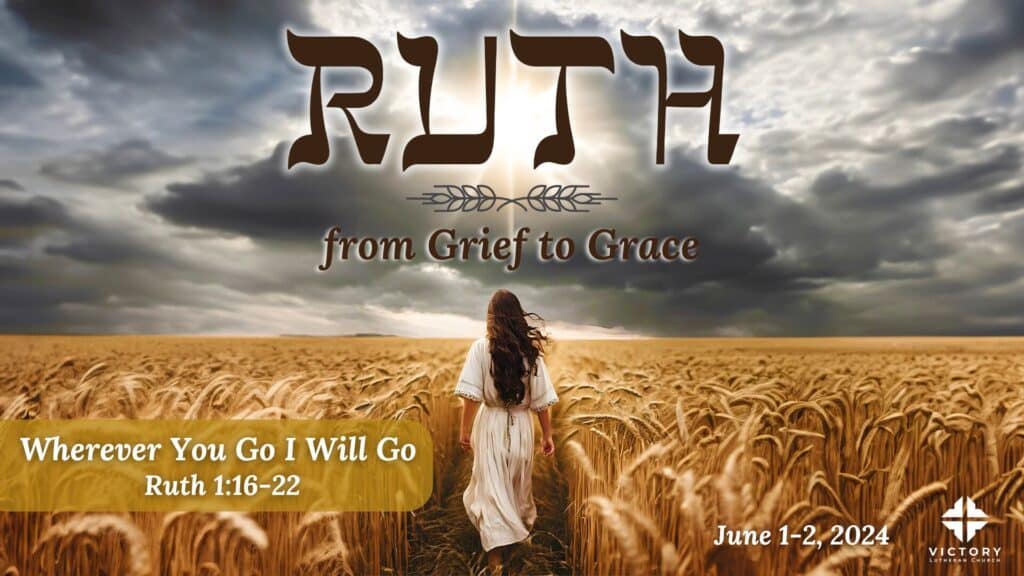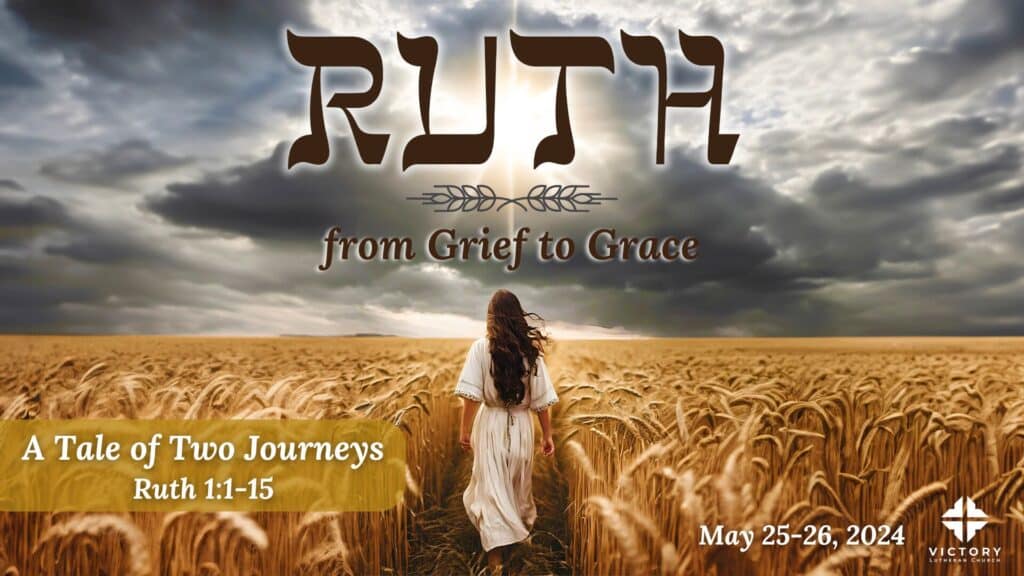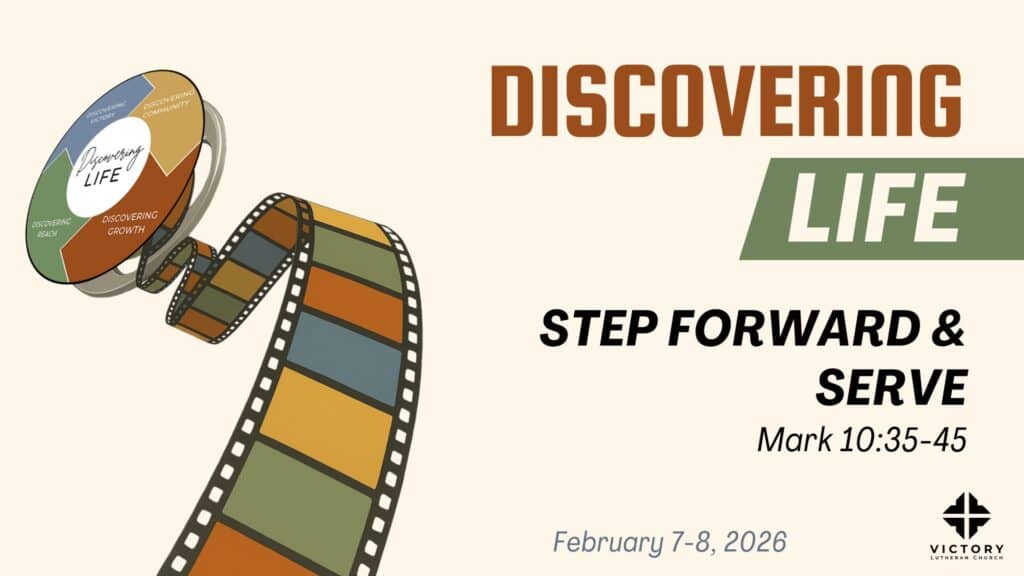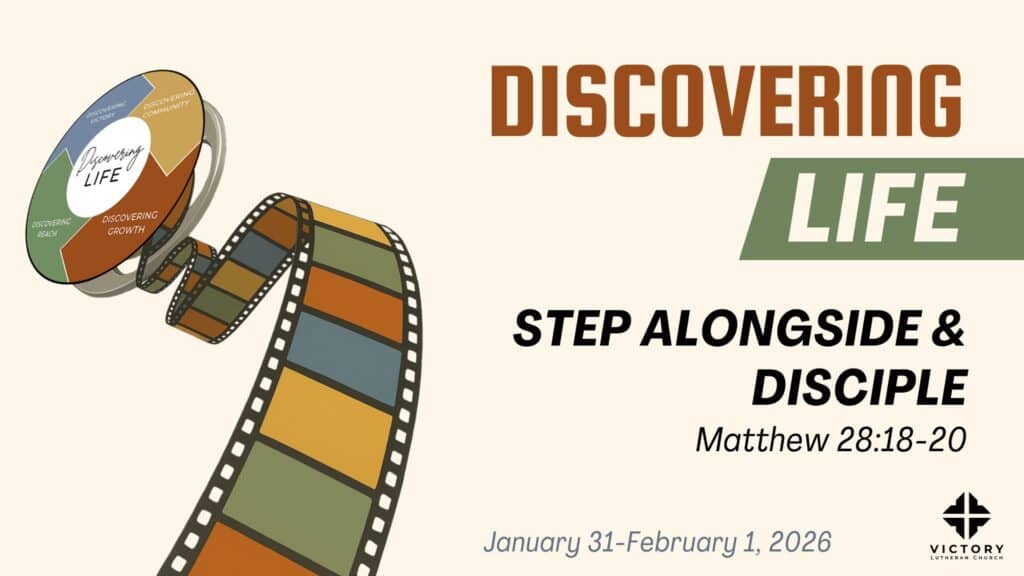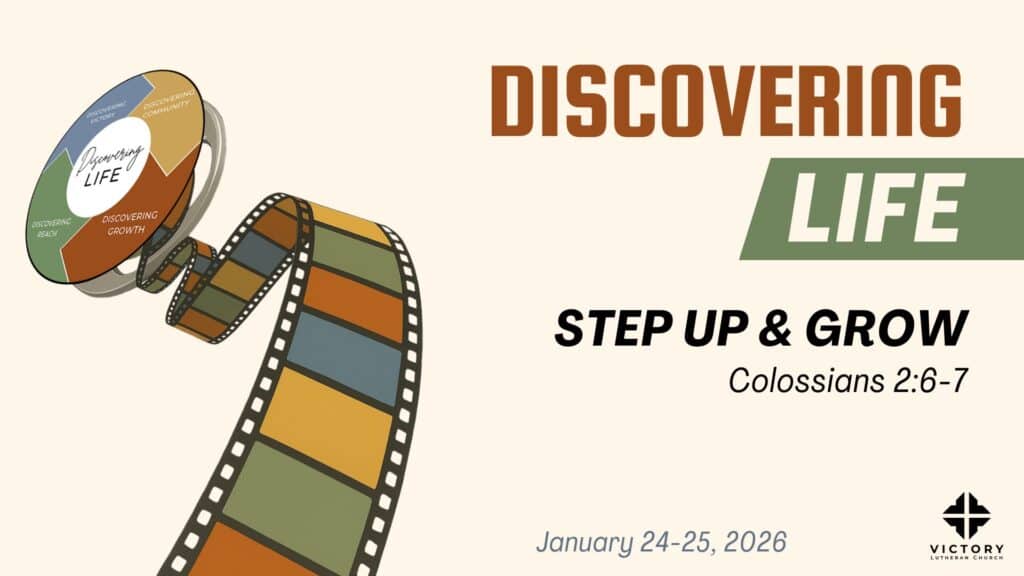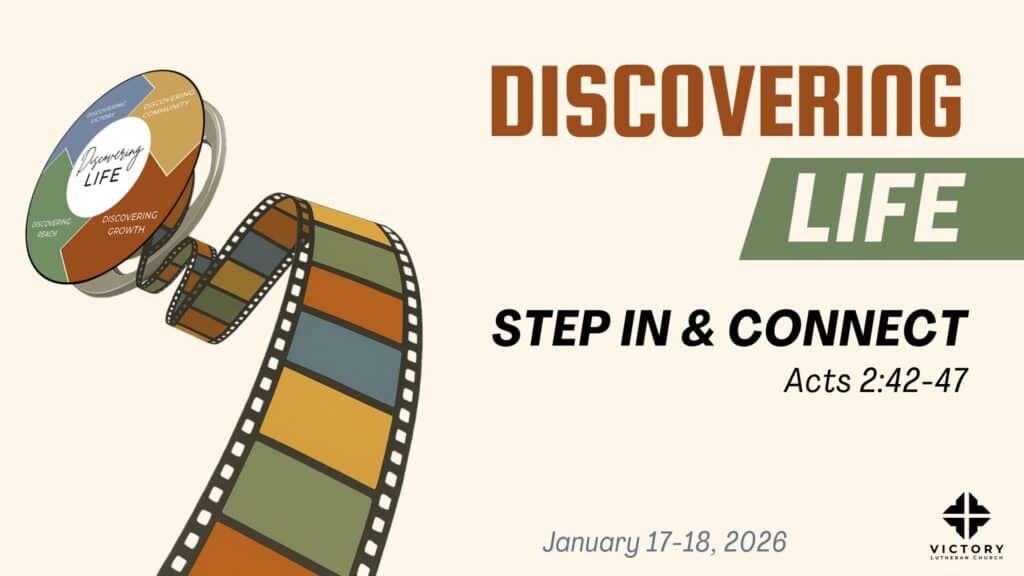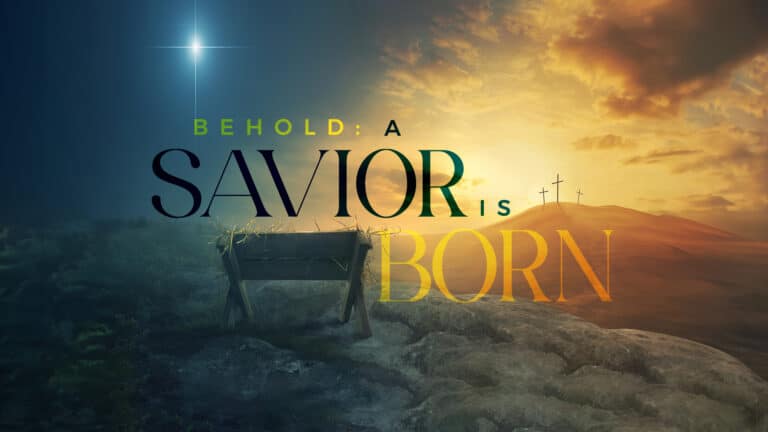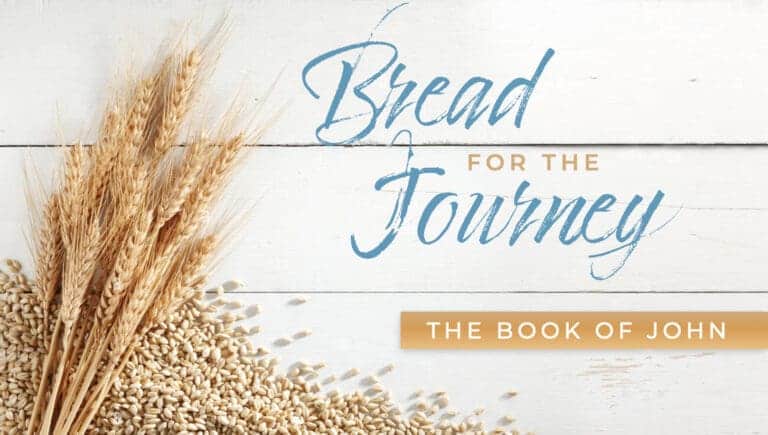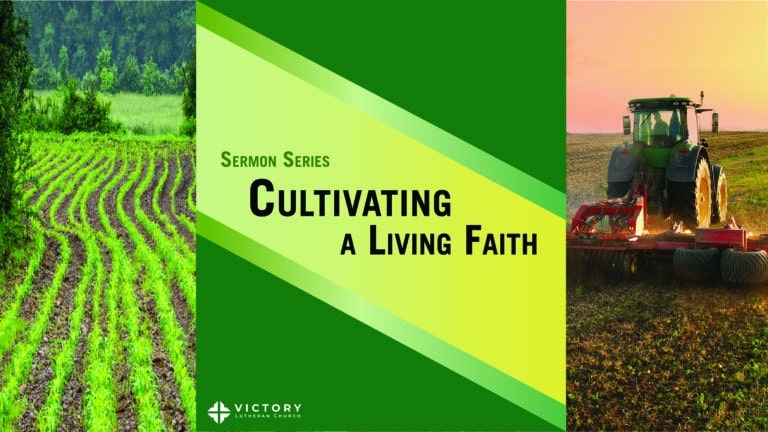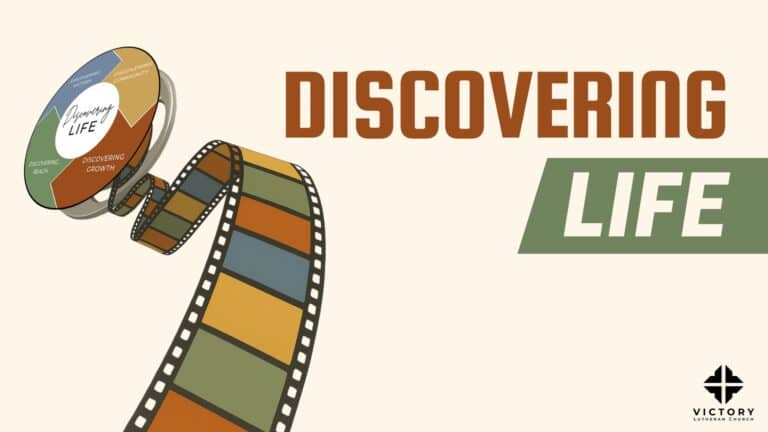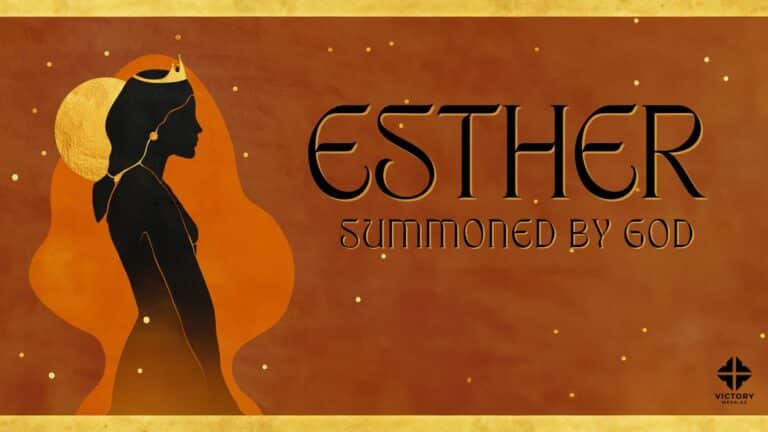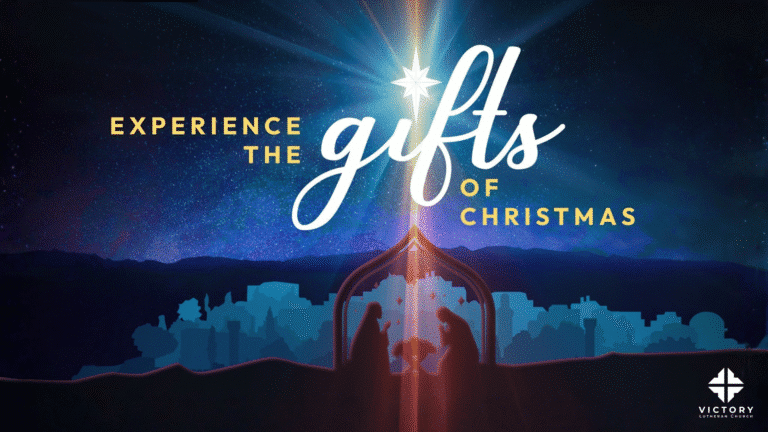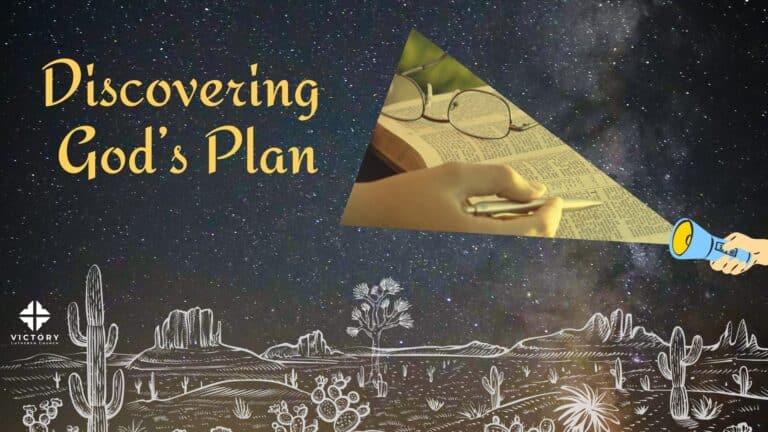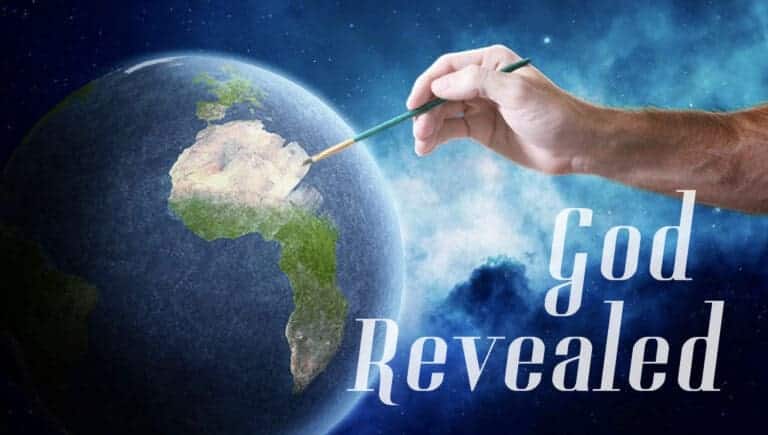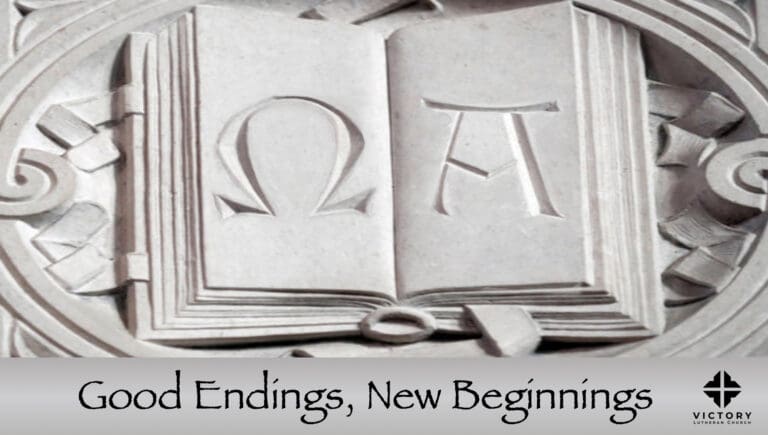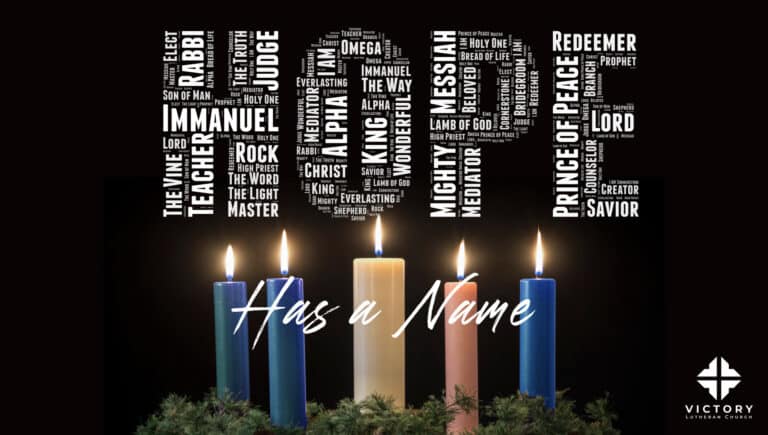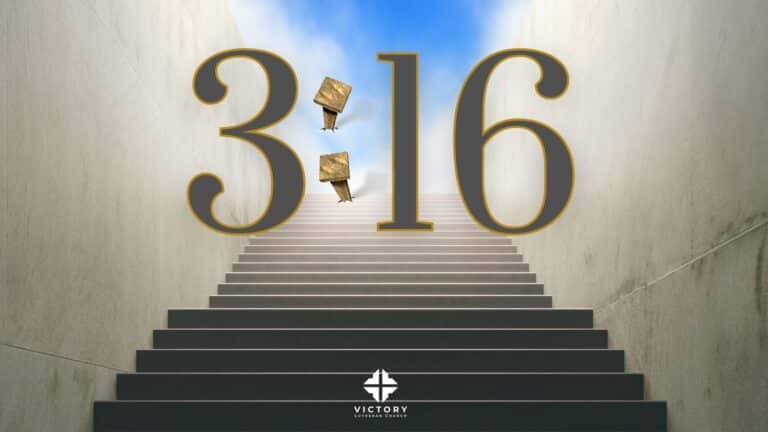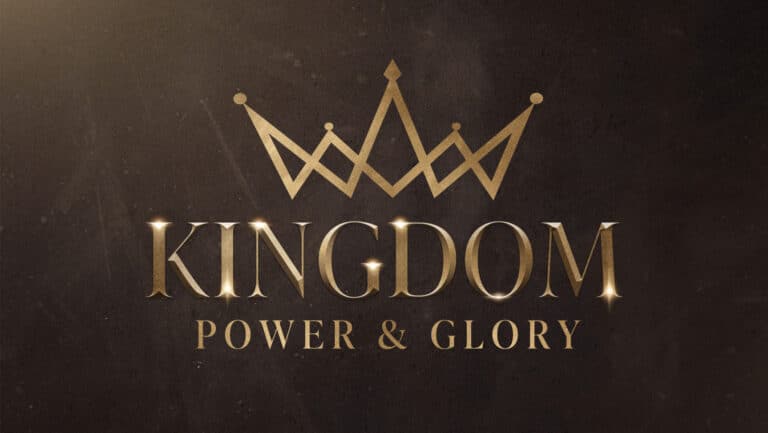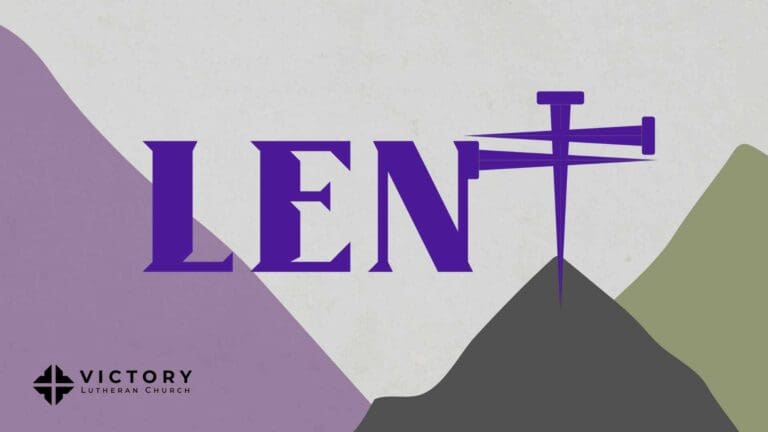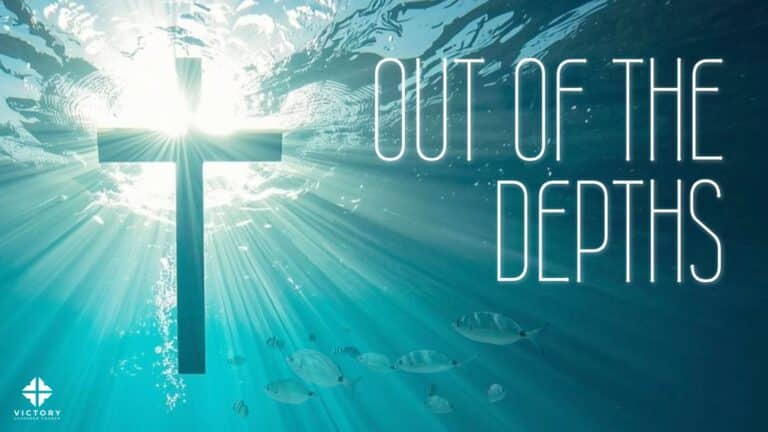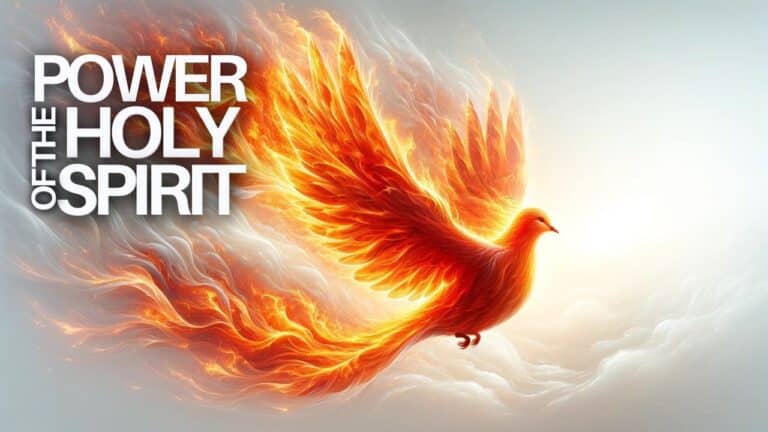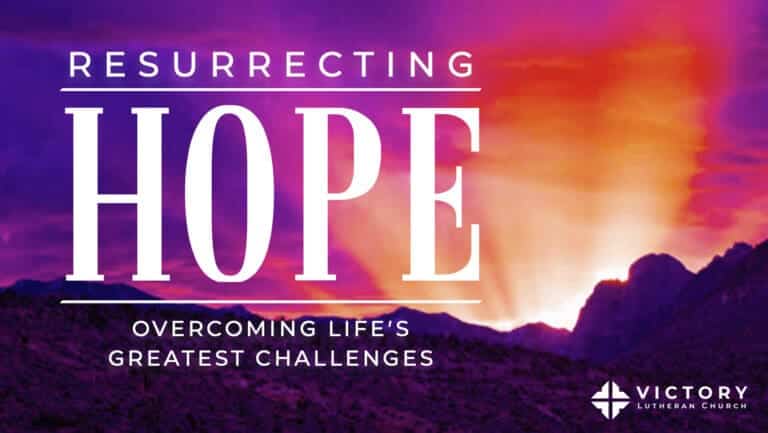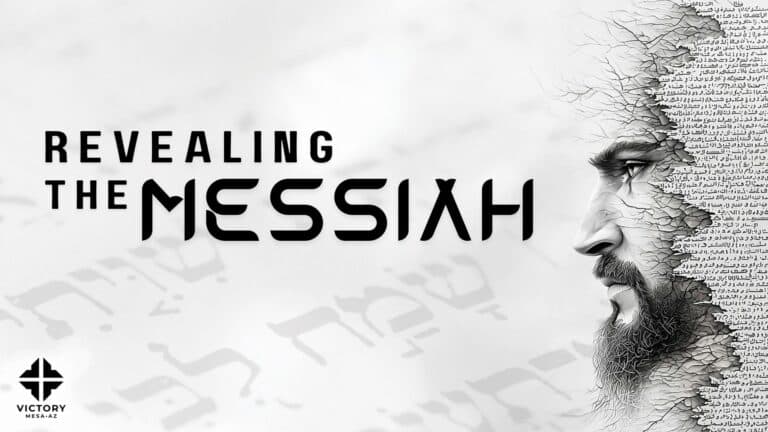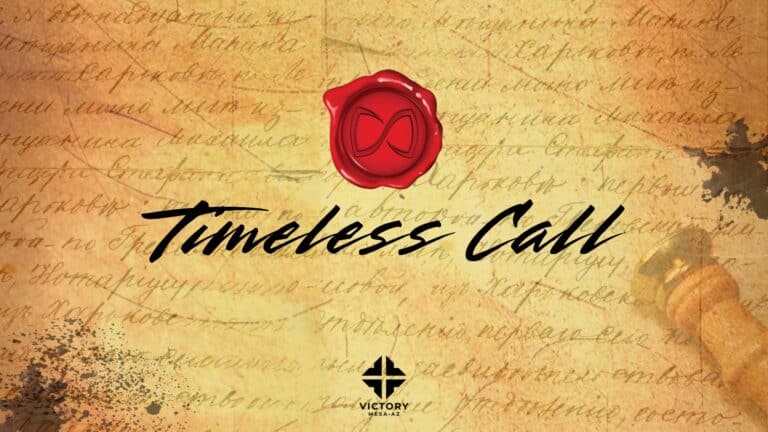Good morning. Good morning. I have a question for you. Have you ever felt discarded? Alone? Lost? Unwanted? Like an outsider? My husband Jeff and I have had four dogs. Two golden retrievers and two rescue dogs. And the best dog we ever had was a rescued dog we called Bear. Now Bear had a rough start in life. He was found at six weeks old wandering the streets of Phoenix. That’s Bear right there. He was abandoned, unwanted, covered in ticks. And we later found out he had parvo. When we found him at the Phoenix shelter, he was shaking and huddled in a corner, and all the other dogs were climbing over him to get food. We brought him home, and we had to hand feed him and carry him to his water. So we had to hand feed him and carry him to his water. But because of our love and attention, he grew and he thrived, and he blessed us with his life for 10 years. A quote that sticks in my mind about rescue dogs is that you can’t change a dog’s past, but you can rewrite his future. In our lesson today, we’re going to learn about how God rewrites our future. We’re studying the book of Ruth, and Ruth’s past has been filled with some sorrow. She lost her husband, and she has no children. She’s left her homeland of Moab, and she is now in Bethlehem with her mother in law. She knows no one other than Naomi.
Ruth is a foreigner in a foreign land. She’s widowed and vulnerable. Her chances of being successful as a woman a widow and from a land that Israel does not like, are slim to none. People from Moab are considered hostile to Israel. This is where Moab is. It’s actually east of the Dead Sea. Now, the history of Moab goes back all the way to the Book of Exodus. That’s when the Israelites and the Moabites started to not like each other. But actually, Moab goes back to the Book of Genesis. So, if you remember Abraham and his nephew Lot, Well, Lot and his daughters, kind of in a hurry to leave Sodom, and so they end up hanging out in the mountains of Zoar. Well, one night, Lot has too much to drink, and his daughters are very concerned because they don’t have any offspring. So both daughters sleep with Lot. His oldest daughter gives birth to a son. And she names him Moab, which literally means son of my father. Yikes. Not a, not a great start. Moab is known for its pagan worship and therefore the Israelites were not allowed to intermarry with the Moabites. They were really supposed to avoid them. Well, Ruth, she can’t change her heritage. She’s a widow from Moab. She can’t erase her past. Our merciful God is going to make her future. You see, God has a tender heart for the outcast. And God can put people in our lives to help us rewrite our future. If you have your Bibles or your devices, I encourage you to open to Ruth. And we’re going to look at chapter 2, and we’re going to read verses 1 through 16. Now, Naomi had a relative on her husband’s side, a man of standing. from the clan of Alemalek, whose name was Boaz. And Ruth, the Moabite, said to Naomi, Let me go to the fields and pick the leftover grain left behind anyone whose eyes I might find favor.
Naomi said to her, Go ahead, my daughter. So she went out. She entered a field and began to glean behind the harvesters. As it turned out, she was working in a field belonging to Boaz, who was from the clan of Elimelech. Just then, Boaz arrived from Bethlehem and greeted the harvesters. The Lord be with you. The Lord bless you, they answered. Boaz asked the overseer of his harvesters, who does that young woman belong to? The overseer replied, She’s the Moabite who came from Moab with Naomi. She said, Please let me glean and gather the sheaves behind the harvesters. She came into the field and has remained here from morning till now, except for a short rest in the shelter.
So, Boaz said to Ruth, my daughter, listen to me. Don’t go and glean in any other field and don’t go away from here. Stay here with the women who work for me. Watch the field where the men are harvesting and follow along after the women. I’ve told the men to not lay a hand on you, and whenever you’re thirsty, go and get a drink from the water jars the men have filled. At this, she bowed her face to the ground, and she asked, Why have I found such fever in your That you notice me, a foreigner. Boaz replied, I’ve been told all about what you have done for your mother in law since the death of your husband. How you left your father and your mother and your homeland and came to live with the people you did not know before. May the Lord repay you for what you have done. May you be richly rewarded by the Lord, the God of Israel. Under whose wings you have come to take refuge. May I continue to find favor in your eyes, my Lord. She said, You’ve put me at ease by speaking kindly to your servant, though I do not have the standing of one of your servants. At mealtime, Boaz said to her, Come here, have some bread. and dip it in the wine vinegar. When she sat down with the harvesters, he offered her some roasted grain. She ate all she wanted and had some left over. As she got up to glean, Boaz gave orders to his men. Let her gather among the sheaves and do not reprimand her.
Even pull out some stalks from the bundles and leave them for her to pick up. And don’t rebuke her. This is the word of the Lord. Let us pray. Dear God, were it not for you, Lord, we would all be strays because we all have broken paths filled with sin, but you have shown us undeserved mercy and kindness. You have a heart for the vulnerable, the downtrodden, the outcast. Thank you for watching over us and rescuing us literally. So, did you know there are no coincidences with God? The title of this sermon is A Chance Encounter, but that’s very much tongue in cheek. Nothing is random or happenstance with God. No such thing as chance, or luck, or the stars aligning, or some kind of a cosmic accident. All our days have been written out beforehand. And that applies as much to us today as it applied to Ruth 3, 000 years ago. You see, God knew that Ruth was going to Bethlehem. With her mother in law, Naomi. And God knew which field she was going to glean, not only barley, but wheat. And God knew whose field it was. The author of Ruth wrote, As it turns out, the field was owned by a member of Naomi’s husband’s family clan, and his name was Boaz. As it turns out, a chance encounter, God knew all of this ahead of time. It’s not a random meeting. God knew where to send Ruth to glean. I’m talking a lot about this word, glean. So I thought I should probably explain what it means. So you’ve probably noticed in our sermon bumper, we have a picture of someone’s hand picking up grain. Gleaning was the ancient practice of going into a recently harvested field and picking up whatever grain remained. And you might not know this, but God actually commanded Israel in the book of Leviticus to do this so that the poor would have food. It’s actually found in Leviticus chapter 19, verses 9 through 10. And this is what it says. It says, when you reap the harvest of your land, don’t reap to the very edges of your field or gather the gleanings of your harvest. Don’t go over your vineyard a second time or pick up the grapes that have fallen. Leave them for the poor and the foreigners. You see, God provides for us regardless of who we are.
In the book of Ruth, we see God’s hand of providence at work in the man Boaz, and the Bible describes him as a man of prominence, of standing. And he meets Ruth, who’s gleaning in his fields, and he offers her protection and food by telling her, don’t glean anywhere else. but my own fields and stay with my servant girls. Boaz goes further and he says, Ruth, you may drink water whenever you’re thirsty. Um, this might not seem like a big deal, but it’s an incredible action for Boaz. You see, Ruth would have had to take one of those clay jars, and chances are there’s not a well near the field, so she would have to carry it. To the well, draw the water, carry it back. And remember I told you she is a woman of very low standing. So, a woman of her stature actually would be the one to draw the water for the men. And what Boaz has said is you can drink the water that has already been drawn by the Israelite men. This gesture of kindness has just elevated Ruth’s status. And she says Am I? You would notice me. Ruth knows she’s an outsider. Truly a nobody. This act of undeserved kindness, it reminds us of Christ’s undeserved kindness and love for us. And we heard this in our reading this morning in Romans. Chapter five, verse six said. Just at the right time, when we were still powerless, that means we were still in our sin, Christ died for the ungodly. And then Boaz continues this undeserved kindness towards the woman just met. He orders the others to not touch her. And this meant that the workers couldn’t harass her or mistreat her. And I know this seems kind of bizarre or a really unfortunate thing to have to say. These were dangerous times, especially for a young unmarried woman.
Boaz truly was providing her with protection. And then he goes one step further and he tells his workers to not only protect Ruth, but if she happens to stray from the path and maybe eat some grain that maybe she shouldn’t, He said, just ignore it. Don’t embarrass her or rebuke her. As a matter of fact, set some stocks aside for her. Ruth was a woman. She was a widow from an enemy land, therefore the lowest standing in society. What had she done to deserve such kindness? Absolutely nothing. I said in the opening prayer that, if we’re honest, we’re all sort of Misfits, strays, foreigners in a foreign land. We do not deserve the favor that God shows towards us. Who are we that God should even notice us? But God doesn’t hold our past against us. God rewrites our future with the promise of forgiveness and eternal life with Him. When Ruth lived in Moab, she worshipped But God knew her and knew her name before she knew his name. God knew Ruth before she was even born. All her days were ordained by God. That’s actually what Psalm 139 says to all of us. My frame was not hidden from you when I was made in this secret place. When I was woven together in the depths of the earth, your eyes saw my unformed body. All the days ordained for me were written in your book before one of them came to be Ruth. was seen by God, and God, not by coincidence, placed Ruth in that specific field during that specific time of harvest, which would have been late summer, not only for barley, but for wheat. Because you see, God sees whose we are. We’re his children. The story of Ruth actually takes place sometime between 1375 and 1000 BC.
This was a really dark time in Israel’s history. It was during what we call the time of judges, and that’s when people were kind of doing their own thing instead of turning to God. It was a time filled with idolatry, disobedience, and violence. It was a crazy time for two women to leave Moab and travel to Israel. Yet, while society was literally collapsing around them, God was faithful to these two widows, Naomi and Ruth. The author of Ruth tells us that Ruth was amazed that this great man showed her kindness. She said, why have I found favor in your eyes? Why do you notice me, a foreigner? She felt undeserving of his favor. You have given me comfort and you’ve spoken kindly to me, though I don’t even have the standing of one of your servant girls. Ruth’s early life had sorrow and hardship. God didn’t forget her. His timing was perfect for her to appear during harvest. We all have a past. Things have either been done to us or we’ve done things to others to We wish we could erase God’s really aware of our past and he rewrites our future. There is nothing that we have done or can do to keep him away from pursuing us. God’s heart is bent towards the vulnerable, the outcast. He hears you. He sees you. He calls you by name. Boaz reminds us of who we are. God sees us not as foreigners, but as members of his own family. Ephesians chapter 2 verses 19 through 22 remind us. So now you Gentiles are no longer strangers and foreigners. You are citizens along with all of God’s holy people. You are members of God’s family. Together, we are his house built on the foundation of the apostles and the prophets. And the cornerstone is Christ Jesus himself. We are carefully joined together in him, becoming a holy temple for the Lord. Through him, you Gentiles are also being made part of this dwelling. Where God lives by His Spirit. Let us pray. Dear Heavenly Father, We know there are no coincidences with you. You are the Divine Creator and you have chosen us regardless of who we are or what we have done. While we cannot erase our past, you have done this through the power of the cross. You have taken us broken misfits and called us your own. You have shown us undeserved kindness while we were still sinners. Our sins are forgiven. And we thank you for rewriting our future, which will be with you for eternity. Amen.



